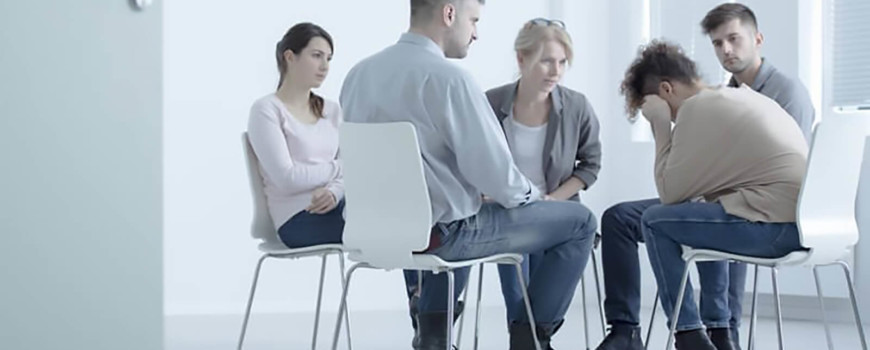Limiting beliefs, those negative thoughts and assumptions that hold us back, can have a profound impact on our mental health. They can lead to feelings of anxiety, depression, and low self-esteem, significantly affecting our overall well-being.
The Root of the Problem
Limiting beliefs often stem from past experiences, societal conditioning, or self-doubt. These negative thoughts can become ingrained in our subconscious, shaping our perceptions of ourselves and the world around us. When we constantly feed these beliefs, they can spiral into a cycle of negative thinking, hindering our progress and happiness.
The Mental Health Toll
The impact of limiting beliefs on mental health is multifaceted:
- Anxiety and Stress: When we believe we are incapable or inadequate, we may experience heightened anxiety and stress. The fear of failure or rejection can lead to constant worry and overthinking.
- Depression: Limiting beliefs can contribute to feelings of hopelessness and despair. If we believe we are not good enough or that our efforts are futile, it can lead to a downward spiral of negative emotions.
- Low Self-Esteem: Constant negative self-talk can erode our self-worth. When we believe we are flawed or unworthy, it can negatively impact our self-esteem and overall sense of self.
- Fear of Failure: The fear of failure can paralyze us, preventing us from taking risks and pursuing our goals. This fear can lead to procrastination, avoidance, and a lack of motivation.
- Social Isolation: Limiting beliefs can lead to social isolation. If we believe we are not worthy of connection or that others will judge us, we may withdraw from social interactions.
Breaking Free from the Cycle
While limiting beliefs can have a significant impact on mental health, it’s important to remember that they are not set in stone. By understanding the nature of these beliefs and implementing effective strategies, we can break free from their grip and improve our mental well-being.
Here are some strategies to help you challenge and overcome limiting beliefs:
- Identify Your Limiting Beliefs: The first step is to become aware of your negative thoughts and assumptions. Pay attention to your self-talk and identify any recurring patterns.
- Challenge Your Beliefs: Once you’ve identified your limiting beliefs, challenge their validity. Ask yourself if these beliefs are truly accurate and evidence-based.
- Practice Positive Self-Talk: Replace negative self-talk with positive affirmations. Focus on your strengths and accomplishments, and remind yourself of your worth.
- Embrace a Growth Mindset: Believe in your ability to learn and grow. View challenges as opportunities to develop new skills and knowledge.
- Seek Support: Talk to a therapist or counselor who can provide guidance and support. Sharing your thoughts and feelings with others can help you gain perspective and reduce feelings of isolation.
- Practice Mindfulness: Mindfulness techniques, such as meditation and deep breathing, can help you become more aware of your thoughts and emotions. This can help you to challenge negative thinking patterns and cultivate a more positive mindset.
By taking action and implementing these strategies, you can break free from the cycle of limiting beliefs and improve your mental health. Remember, you have the power to change your thoughts and, in turn, change your life.





